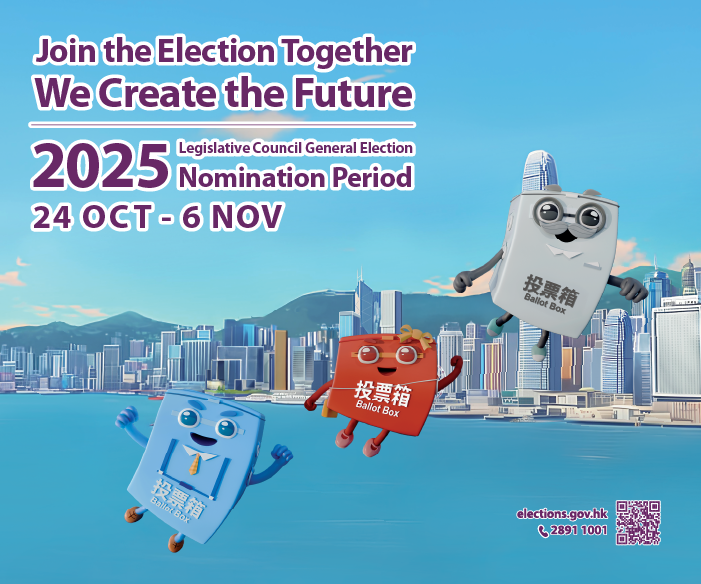The Hong Kong Special Administrative Region is poised to become a premier hub for international engagement, facilitating better global governance in line with “high-standard opening-up” and “a community with a shared future for humanity”, as outlined in a document related to the upcoming 15th Five-Year Plan (2026-30).
Legislators and scholars made these remarks as they discussed the fourth plenary session of the 20th Communist Party of China’s Central Committee, which concluded on Thursday.
Regina Ip, convenor of the Executive Council, told China Daily that she is “very optimistic” about Hong Kong’s prospects. With deep connections to Southeast Asia and emerging outreach to the Middle East, Latin America and Africa, she believes the city can serve as an important bridge in the Chinese mainland’s continued modernization and global engagement.
READ MORE: Initiative injects wisdom into global governance
Stakeholders have been sharing their views on aligning the SAR’s growth paradigm with the nation’s development blueprint outlined in the Recommendations of the CPC Central Committee for Formulating the 15th Five-Year Plan for Economic and Social Development, a landmark document marking a new era for the country.
“As the nation moves toward a high-standard market economy, Hong Kong will have unprecedented opportunities to benefit from the mainland’s expansive economy through technology collaboration and access to new markets both at home and abroad,” Ip said.
Her sentiment was echoed during an online seminar hosted by the University of Hong Kong’s Center for Contemporary China and the World (CCCW) on Monday, which focused on Hong Kong’s integration into national development through opportunities presented by the 15th Five-Year Plan.
Addressing the event, James Chau, president of the China-US Exchange Foundation, suggested that Hong Kong position itself to actively engage with the world and make meaningful contributions to the global community through a strategic approach over the next five years.
Brian Wong, assistant professor of philosophy at the University of Hong Kong and a CCCW fellow, envisioned Hong Kong to become a regional hub for international institutions. With its robust financial ecosystem and information network, the city is capable of attracting headquarters or Asian offices for entities such as the United Nations agencies, the World Bank, and the International Monetary Fund.
Huang Yiping, dean of Peking University’s Institute of South-South Cooperation and Development, concurred, supporting these efforts to make Hong Kong a critical node in global governance, especially in integrating the interests of the Global South with developed economies.
Wong further proposed that Hong Kong could offer civil service and bureaucratic training for the wider Asian region, or set up an Asian equivalent of Harvard Kennedy School within the city.
Such an institution would codify and share Hong Kong’s governance practices — ranging from regulatory frameworks and dispute resolution to public administration and policy implementation. The academy would serve as a bridge, sharing lessons learned from Hong Kong’s governance approach with other jurisdictions, and fostering exchanges that enrich global policymaking.
READ MORE: GoGlobal Task Force will open fresh horizons
Having participated in the national strategic framework over successive five-year plans, Hong Kong has steadily strengthened its role on the global stage. Experts noted that, under the “one country, two systems” principle, the SAR has successfully served as an effective connector between China and the rest of the world.
Lawmaker Chan Yuet-ming told China Daily that she believes Hong Kong can set standards and play a pivotal role in digital finance, offshore Renminbi transactions, international intellectual property trading, and legal dispute resolution during the 15th Five-Year Plan. “We should align deeply and smartly with the mainland where the region’s scale and dynamism are unmatched, and connect even more energetically with the world to diversify risk, attract talent, and set standards.”
International engagement should be coupled with technology-driven development, domestic consumption, and common prosperity. “Hong Kong has a historic opportunity to foster a robust middle class that will play an essential role in innovation and serve the national objectives,” said Wendy Hong Wen, a local legislator, told the seminar.
Contact the writer at jessicachen@chinadailyhk.com



